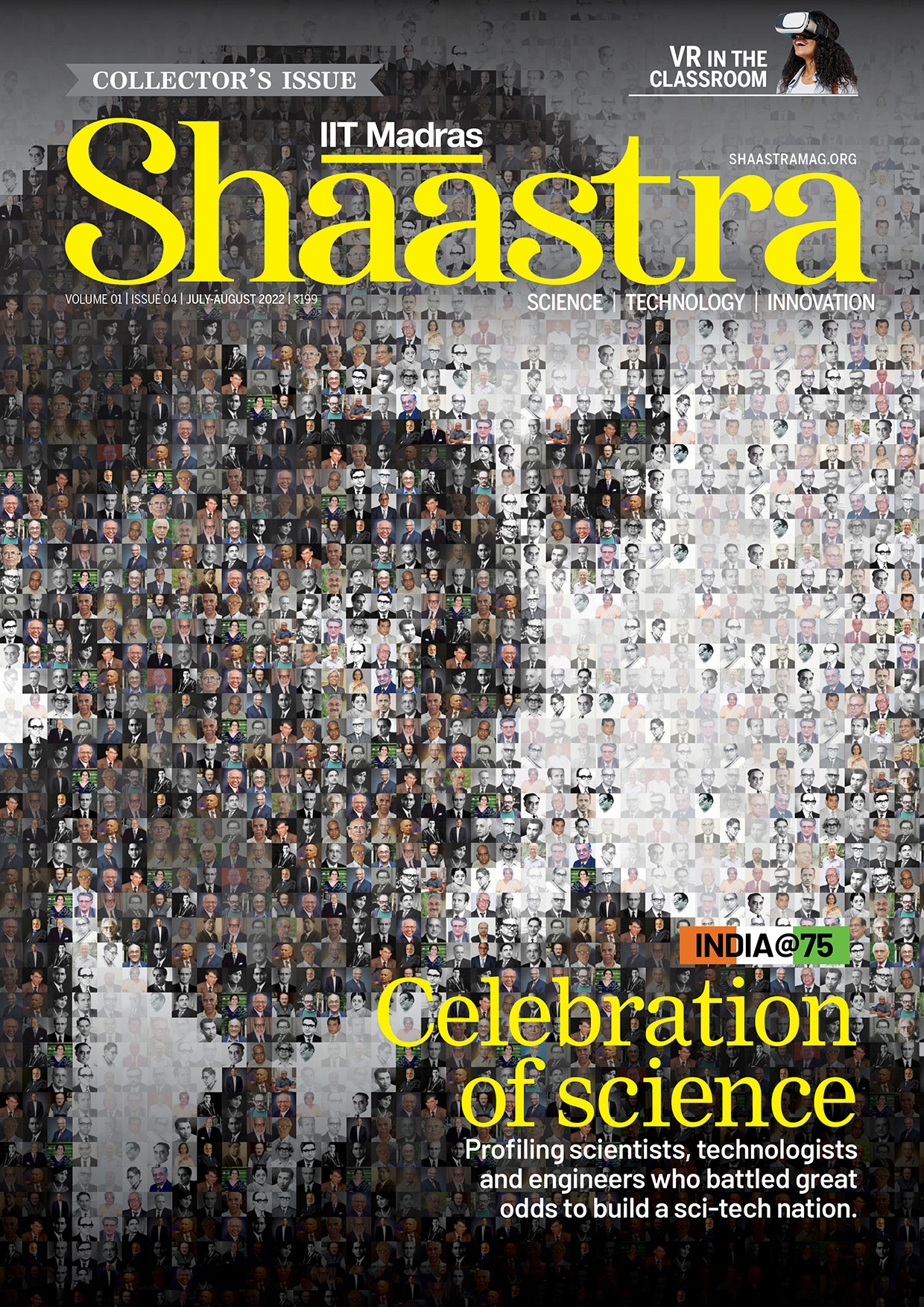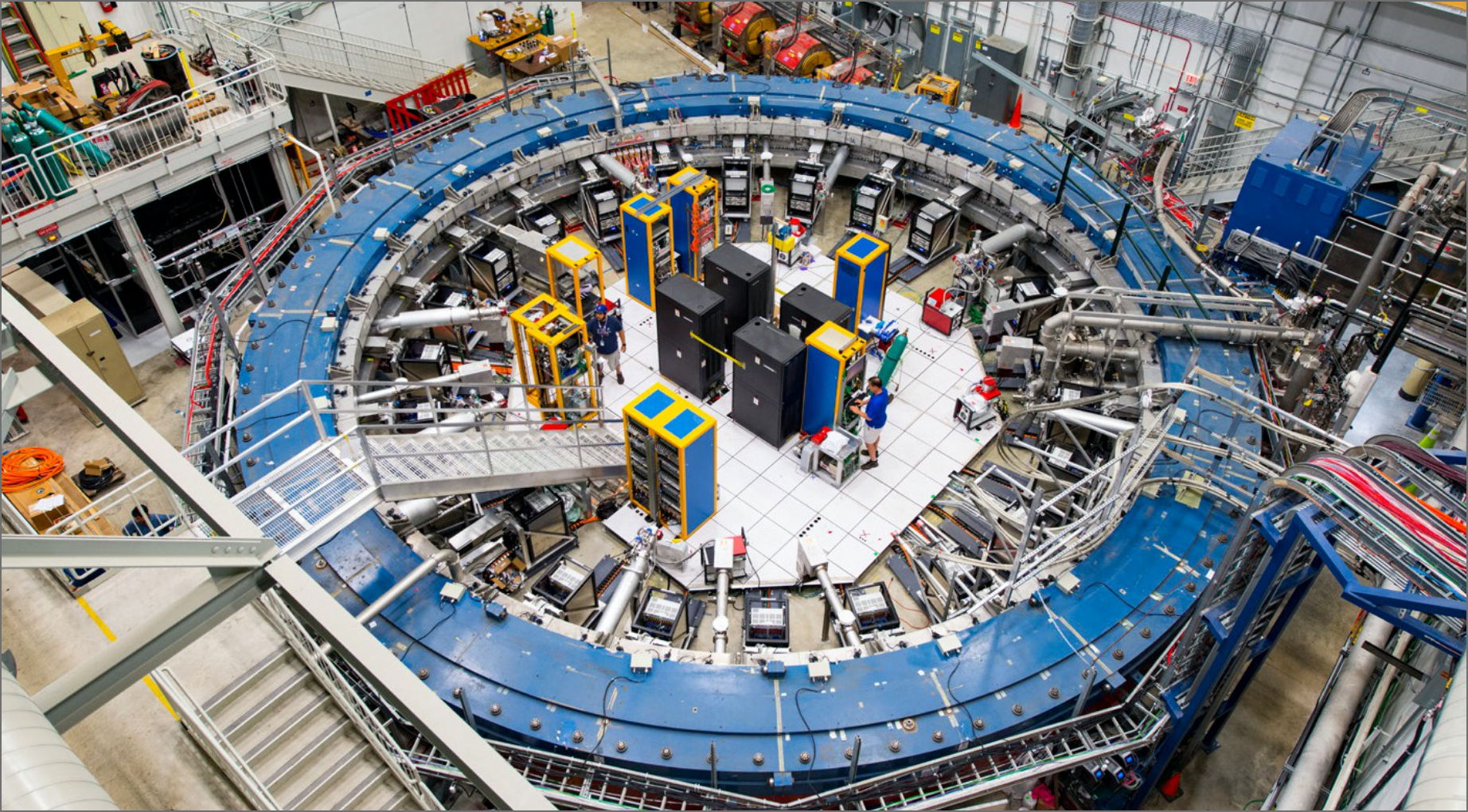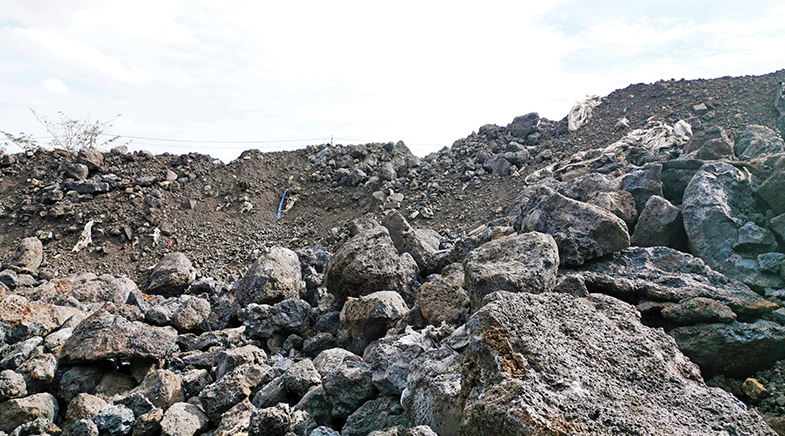How emerging satellite technologies are mapping the world
-
- from Shaastra :: vol 03 issue 07 :: Aug 2024

Emerging satellite technologies are beaming remote sensing capability down to the commercial sector.
Liwaans Amuthan was 18 when his mother told him about India's second spaceport. It was to be constructed at Kulasekarapattinam, a coastal village 40 kilometres from his home in Thoothukudi in Tamil Nadu. This was in 2013, the year India sent a spacecraft to Mars. Space engineering was then not the first career choice for young Indians. The Indian Space Research Organisation (ISRO) was known to have potential but hadn't caught the public's imagination. It had a small but reliable launch vehicle, which was used to launch the Mars Orbiter, but its heavy lifter had gone through failures. India at the time was a promising space nation with a reputation for building satellites and launch vehicles at low costs, but it was not a technology powerhouse. And there were limited opportunities in space engineering outside ISRO.
Amuthan was then about to start his degree in mechanical engineering in Coimbatore. A decade later, armed with a Master's degree from Columbia University and five years of work experience in the U.S., he returned to Thoothukudi to set up Cosmicport, a company to develop microsatellites and environment-friendly launch vehicles. His schoolmate Naveen T.S. Velayudham joined him as a Co-founder. By then, the Indian space sector had changed. Roughly 200 companies were operating in space engineering, some building global businesses independent of ISRO. Not all of them were in major cities.
Cosmicport chose Thoothukudi for operational reasons. The city infrastructure was being upgraded to develop it as an industrial hub. It had a thermal power plant and several engineering workshops. "They just need to upgrade to higher precision machinery to feed the space manufacturing ecosystem," says Amuthan. The spaceport, likely to be ready by 2026, was designed with one goal: to facilitate the rising number of small satellite launches, a majority of them for Earth observation. Cosmicport's development happened in parallel to that of the Kulasekarapattinam spaceport.
The founders of Cosmicport, who had raised $200,000 from family and friends for hardware and operating costs, are now looking for seed funding. It plans to manufacture liquid-methane-powered rockets and radar-based satellites for remote sensing, both involving novel technology development, a feature that runs through several space start-ups that have come up in recent years. "Hardly any start-ups have taken an existing technology from ISRO and converted that to some kind of product or service," says Pawan Goenka, Chairman of the Indian National Space Promotion and Authorization Center (IN-SPACe), an organisation set up to accelerate the space economy. "They have either created their own technology or taken something that existed and built on it. That is especially true for the 10-15 start-ups leading the pack."
Over six decades ago, ISRO was set up to develop space technology for scientific research and national development. Scientific research remained dormant for a while as ISRO focused on cost-efficient communications and remote sensing, and launch vehicles. During this period, satellites developed by ISRO were used mostly by the government for communications, resource mapping, and disaster management. The private sector was excluded from the space manufacturing sector. True commercial applications in space were rare.
The space sector was opened up in phases from 2018, culminating in the space policy of 2023. Start-ups had begun to form before the sector had fully opened up (bit.ly/shaastra-space). In over four decades of operation, ISRO had developed a technology base of 500 private contractors, including some capable of manufacturing critical components. Start-ups seeded a real space economy, dependent on competition and innovation, both in upstream technology development and downstream applications in several sectors.
"There is a great diversity of space start-ups in India," says Narayan Prasad, Co-founder of satsearch, a global marketplace for the space industry. "Across the entire supply chain, you have companies upstream building rockets; midstream, building the ground segment; and downstream, building applications-based services. And there's still room for ten times more."
PAST ISSUES - Free to Read


Have a
story idea?
Tell us.
Do you have a recent research paper or an idea for a science/technology-themed article that you'd like to tell us about?
GET IN TOUCH














